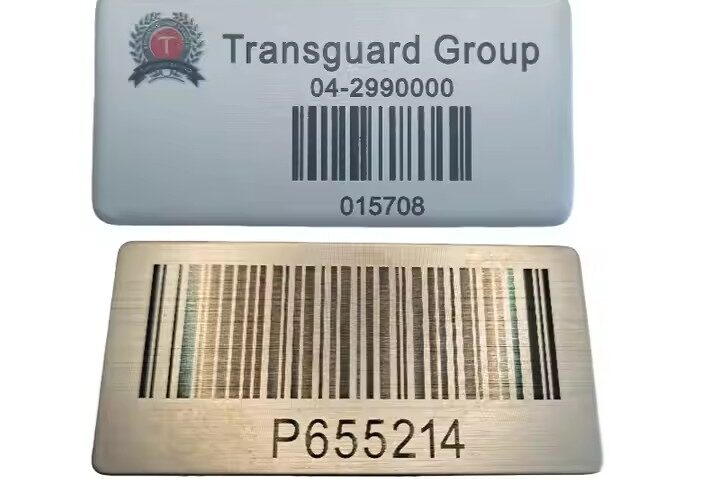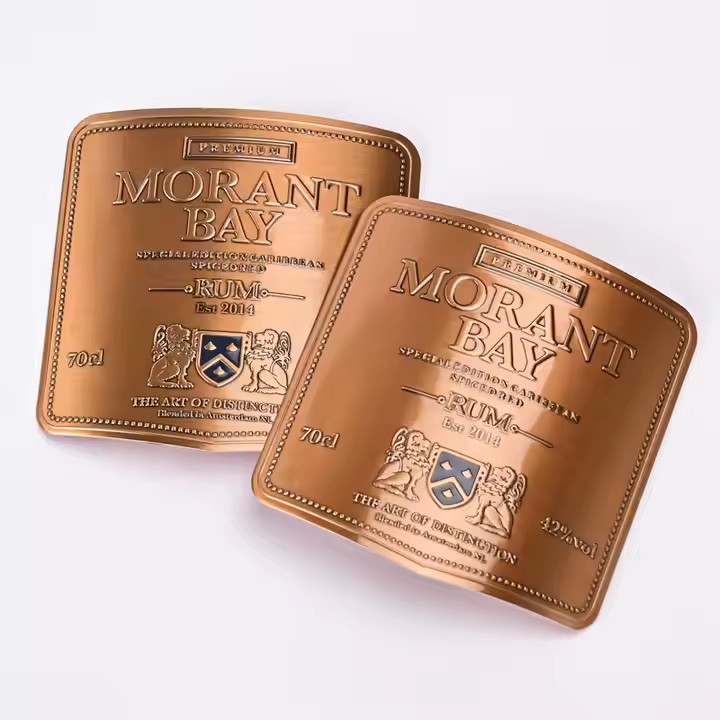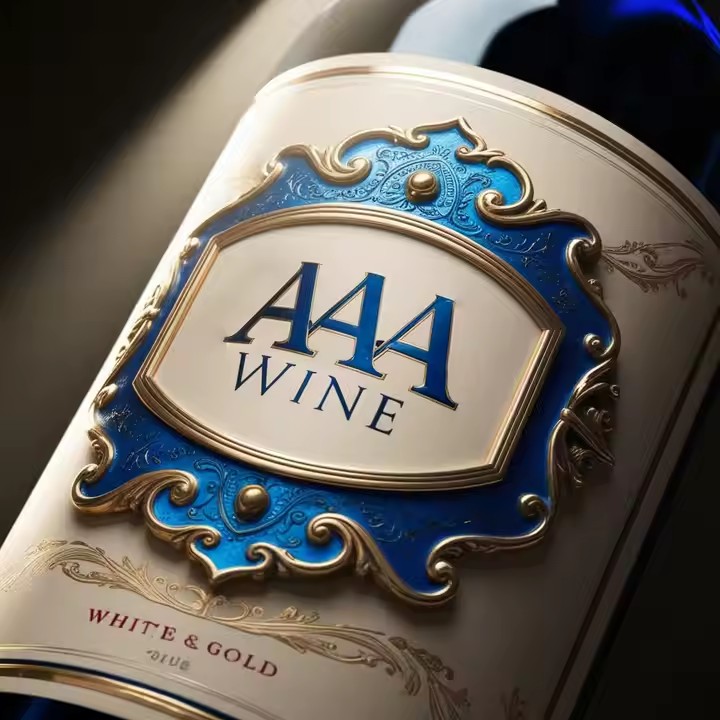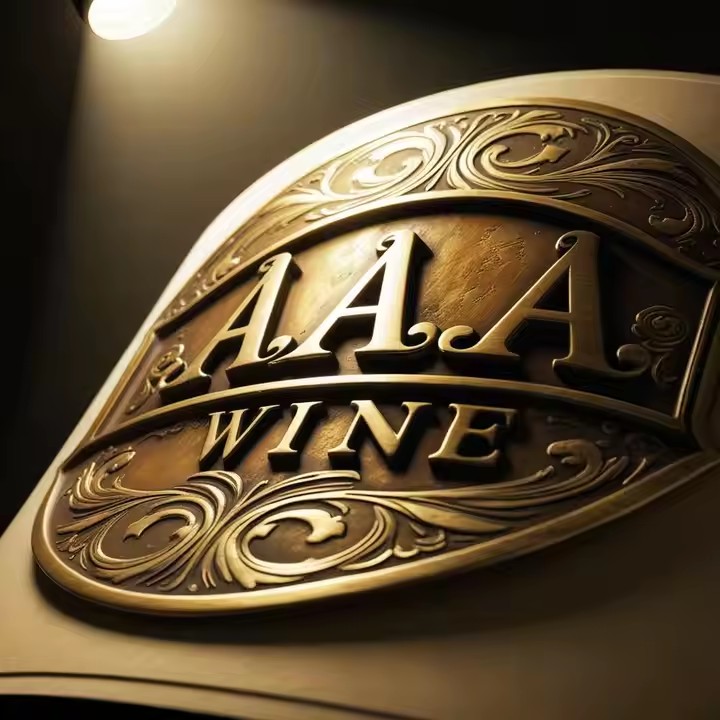Suitable Applications for Different Types of Metal Labels

Material Selection and Performance Comparison of Metal Labels
22/07/2025
Durability Testing of Metal Labels in Industrial Environments
24/07/2025Suitable Applications for Different Types of Metal Labels



Suitable Applications for Different Types of Metal Labels
Metal labels are a trusted solution for identification, branding, and compliance needs across industries. However, different metal label types—such as engraved, embossed, etched, or printed—offer distinct features that make them better suited to certain applications.
In this article, we’ll explore the most common types of metal labels and match them with their ideal use cases to help you make the right choice for your business or project.
1. Engraved Metal Labels
Key Features:
-
Permanent markings
-
Resistant to abrasion, chemicals, and heat
-
Typically made from stainless steel, aluminum, or brass
Best Applications:
-
Industrial equipment nameplates
-
Machinery serial number tags
-
Electrical panels and circuit board ID
-
Aerospace and military asset tracking
Why Use:
Engraved labels are perfect for harsh environments where durability and legibility over time are critical.
2. Embossed Metal Labels
Key Features:
-
Raised or recessed characters
-
Excellent tactile and visual effect
-
Durable and decorative
Best Applications:
-
Premium wine and liquor labels
-
Decorative branding plates
-
Luxury packaging and jewelry boxes
-
Metal bookplates or signage
Why Use:
Embossed labels combine a classic look with a tactile feel, making them ideal for premium branding and products that require high shelf appeal.
3. Etched Metal Labels
Key Features:
-
Fine detail and precision
-
High-resolution logos or text
-
Often used with stainless steel or brass
-
Can be color-filled for contrast
Best Applications:
-
Control panels and switches
-
Architectural signage
-
Corporate nameplates
-
Decorative plaques and awards
Why Use:
Etched metal labels offer a balance of durability and design detail, ideal for applications where visual accuracy and long life are important.
4. Printed Metal Labels
Key Features:
-
Full-color options
-
Fast and cost-effective production
-
Requires surface coating for durability
Best Applications:
-
Promotional metal labels
-
Retail product identification
-
Barcode or QR code tags
-
Custom packaging inserts
Why Use:
Printed metal labels are great for short-term or decorative use, especially when color and branding details matter more than extreme durability.
5. Anodized Aluminum Labels
Key Features:
-
Corrosion-resistant and color-stable
-
Lightweight and weatherproof
-
Dye is sealed beneath the anodized surface
Best Applications:
-
Outdoor equipment ID plates
-
Solar panels and marine equipment
-
Wine bottle labels for premium lines
-
Instructional panels and safety signage
Why Use:
These labels are excellent for outdoor and high-moisture environments where both aesthetic and corrosion resistance are required.
🏁 Conclusion
Choosing the right type of metal label depends on your product’s environment, branding goals, and durability needs. Whether you’re labeling industrial equipment or designing premium packaging, understanding the unique strengths of each label type ensures optimal performance and appearance.
Tip: Work with a trusted manufacturer who can guide material selection and customization options to ensure your labels match both your functional and aesthetic requirements.



